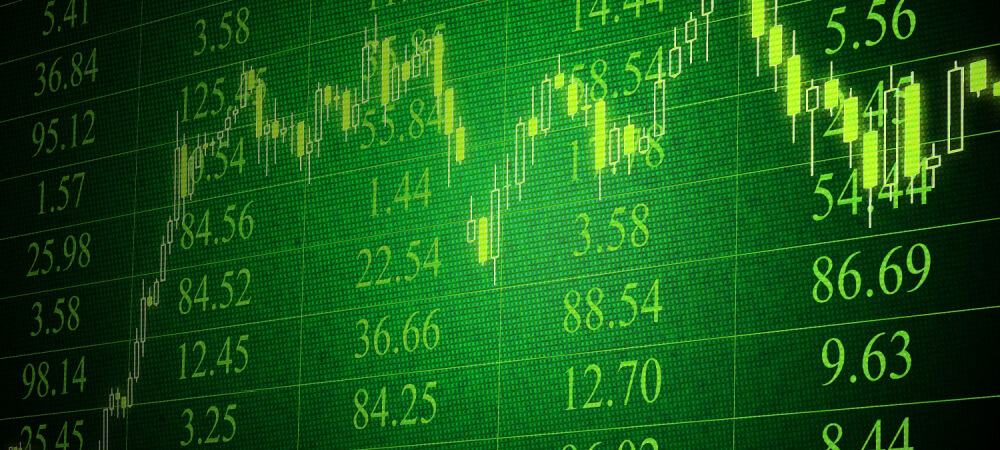CFD broker, how does it work?
Many trading products are traded via CFDs . Examples of these are; forex, cryptocurrencies and commodities but also investment products such as shares and bonds are traded on the basis of a CFD contract. The possibilities are therefore very large.
If you are enthusiastic about the possibilities of CFD trading , the next step is important: choosing a good CFD broker. There are big differences between CFD brokers. Once you have chosen a CFD broker, you will not quickly change. That is why obtaining information in advance is a must.
What is important is:
- Which securities can you trade?
- What is the maximum leverage used ?
- What is the minimum position size?
- CFD software
- Regulation
- Spread
Which securities can you trade?
CFD brokers offer various values for trading, such as indices (NASDAQ or AEX for example), commodities (gas, oil, grains, gold and more) and major currency pairs (such as EUR/USD). In addition, there are a number of brokers that offer trading in individual shares. These are often the largest and most well-known multinationals.
What is the maximum leverage?
Leverage can vary greatly per CFD broker. It is usually between 10 and 400. The highest leverage is often possible on currency pairs. A low leverage is common for individual shares.
What is the minimum position size?
It is important that the minimum position size is as small as possible for the less fortunate trader. Usually you can easily find this on the website of a CFD broker.
Trading platform
There are multiple trading platforms that are used by various CFD brokers. Some are more extensive than others. An extensive trading platform is often more complicated and can be difficult for a novice CFD trader to quickly master. A simple trading platform is easier and more understandable to use. Therefore, choose a trading platform that best suits your needs and the level of knowledge and experience.

Regulation
It is good to know where the CFD broker is regulated. The most advantageous is that a broker is supervised by a reliable financial authority. Think of the Dutch AFM , the British FCA or the US regulated NFA. This offers more certainty that your money is safely handled by a reliable party. You can also often go to this party with complaints or disputes.
Spread
A spread is the difference between the bid and ask price. The size of the spread is determined by the CFD broker and is ultimately what the CFD broker earns from. The difference between the bid and ask price is the commission that is intended for the CFD broker. Brokers regularly use different spreads for different investment categories. The spread on individual shares will often be slightly higher than the spread on currency pairs. There are also differences between CFD brokers. It is worth comparing them. The spread used can usually be found exactly on the website of the relevant CFD broker, but can also be found briefly on our website. For example, the spread of eToro is 0.09% for CFDs on shares.
Conclusion
Choosing a CFD broker requires research. Don’t have the time or inclination? We can recommend a few. These are all reliable, high-quality CFD brokers with a proven track record.
Compare brokers and start trading CFDs
Are you excited about investing in CFDs after reading this article? Compare CFD brokers and find the broker that suits you best! Also check out our top 10 CFD broker ranking.